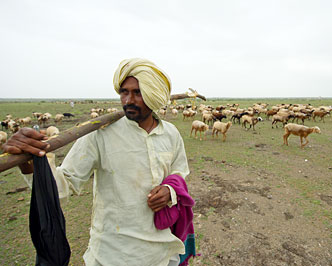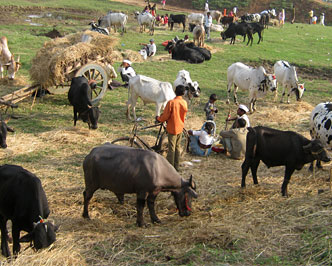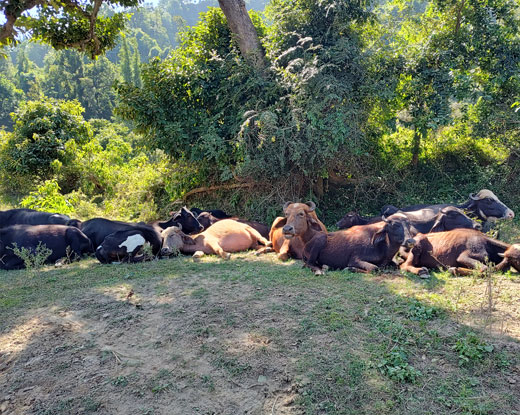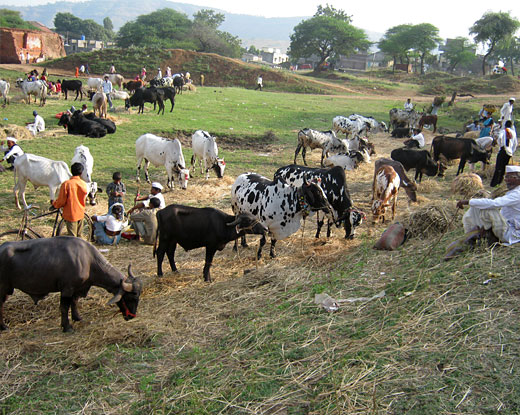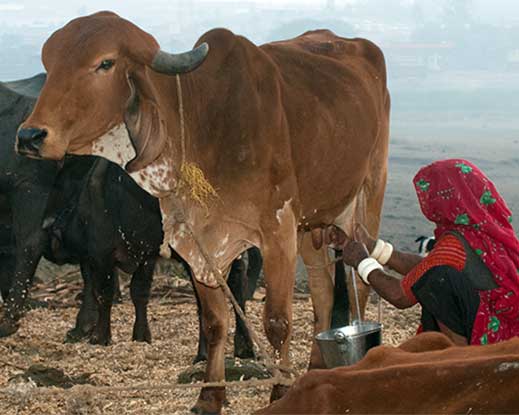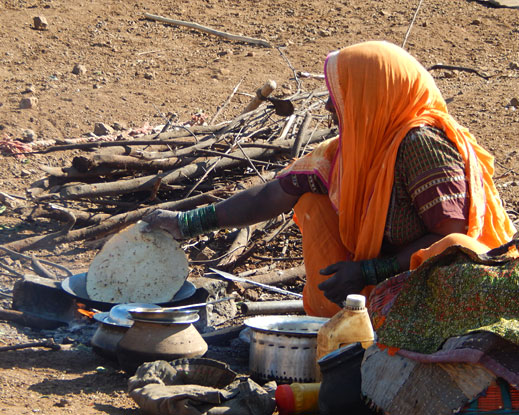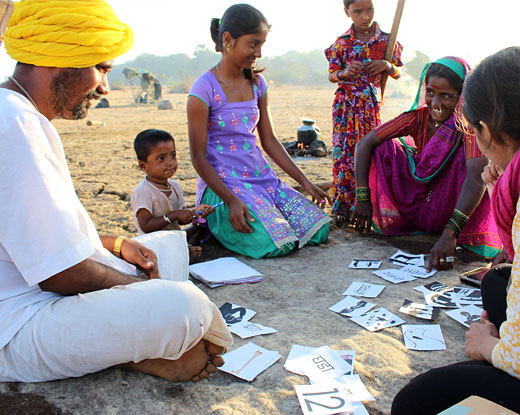Agroecology and Foodscapes

We are deeply concerned about the growing divide between agriculture and livestock and one of our objectives in working with small farmers has been to revitalize the organic link between small-scale crop and livestock production.
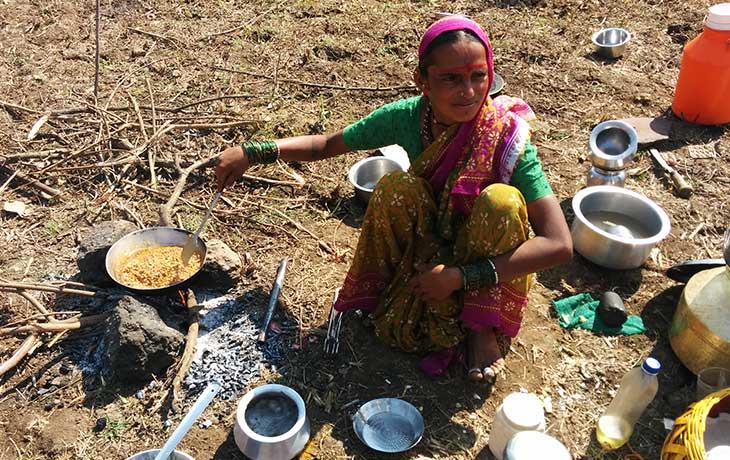
Where does our food come from? At Anthra we are researching the food systems currently prevalent, especially foods of livestock origin such as milk, meat, and eggs. Will we continue to source foods from the same sources or is this likely to change? What determines our choice of food, culture, food safety, health and diet fads, nutritional concerns, biodiversity, convenience, or economics. Do concerns of animal welfare influence our food choice?
The great revolution in the history of agriculture took place when domesticated animals were systematically integrated into crop rearing systems. This revolution took place thousands of years ago. Even today, mixed crop and livestock farming systems is the system of livestock rearing practiced by most peasants and farmers across the country. At Anthra, we are deeply concerned about the growing divide between agriculture and livestock and one of our objectives in working with small farmers has been to revitalize the organic link between small-scale crop and livestock production which has been lost with the large-scale shift to chemical farming. We offer programmes on organic or ecological farming for small-scale farmers as an alternative they can easily practice and follow.
Food sovereignty is the right of people to food that is healthy, culturally appropriate, and produced through systems that are ecologically sound, sustainable, and crucially, locally defined. It is a framework which insists that food is more than just a commodity and values the work of small producers using different methods, developing unique forms of knowledge, and bearing diverse values beyond ‘productionism’.
Anthra works with agrarian communities who rear livestock especially adivasis (indigenous communities), dalits, pastoralists other marginal and small farmers, particularly women within these groups. We help strengthen the capacity of local institutions and leadership to define farming systems beyond agribusiness, assert community rights to resources and decentralized democratic control over their governance.
We have supported initiatives of local groups on seed saving, livestock breed conservation, grazing rights, chemical-free cultivation of traditional crops.


